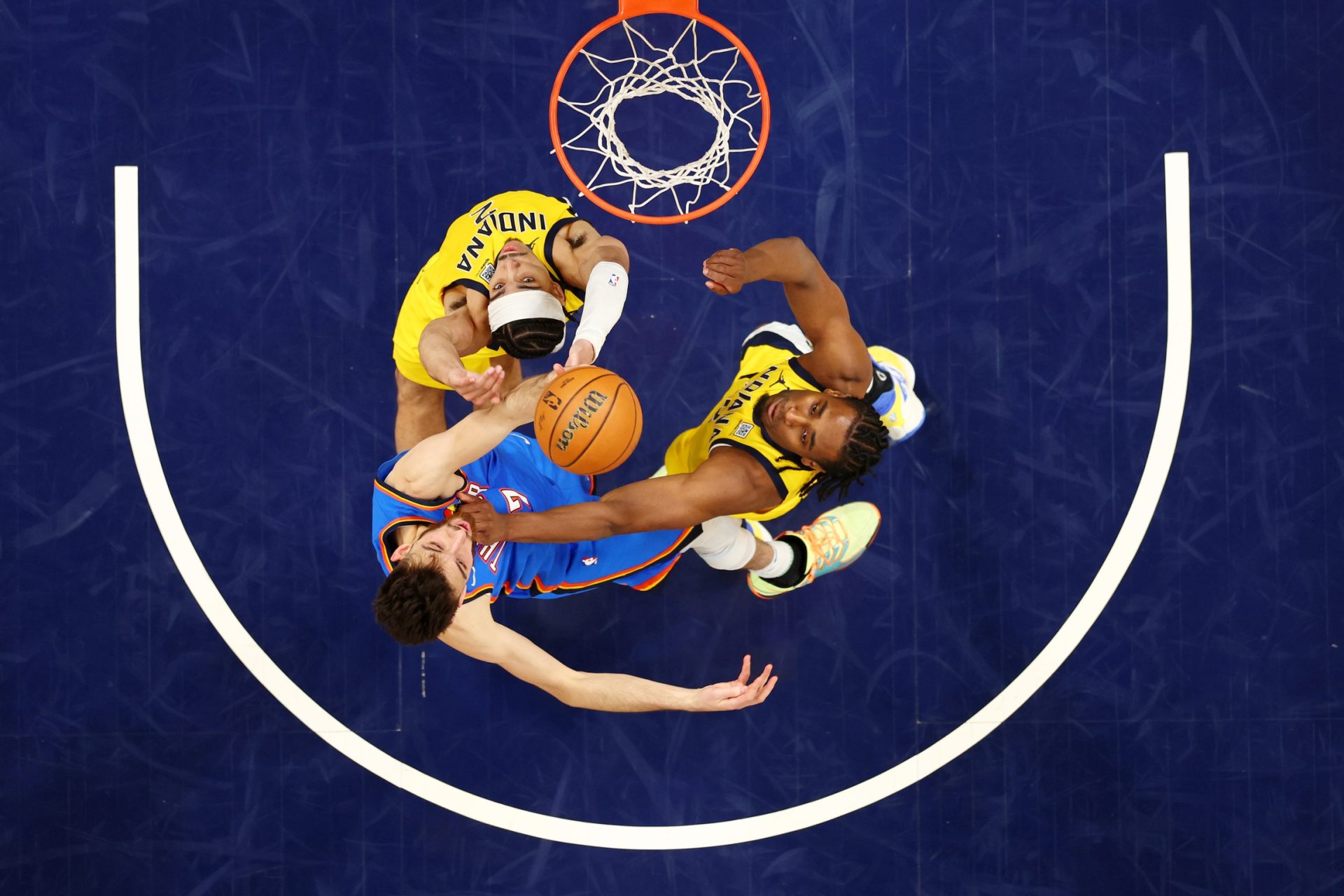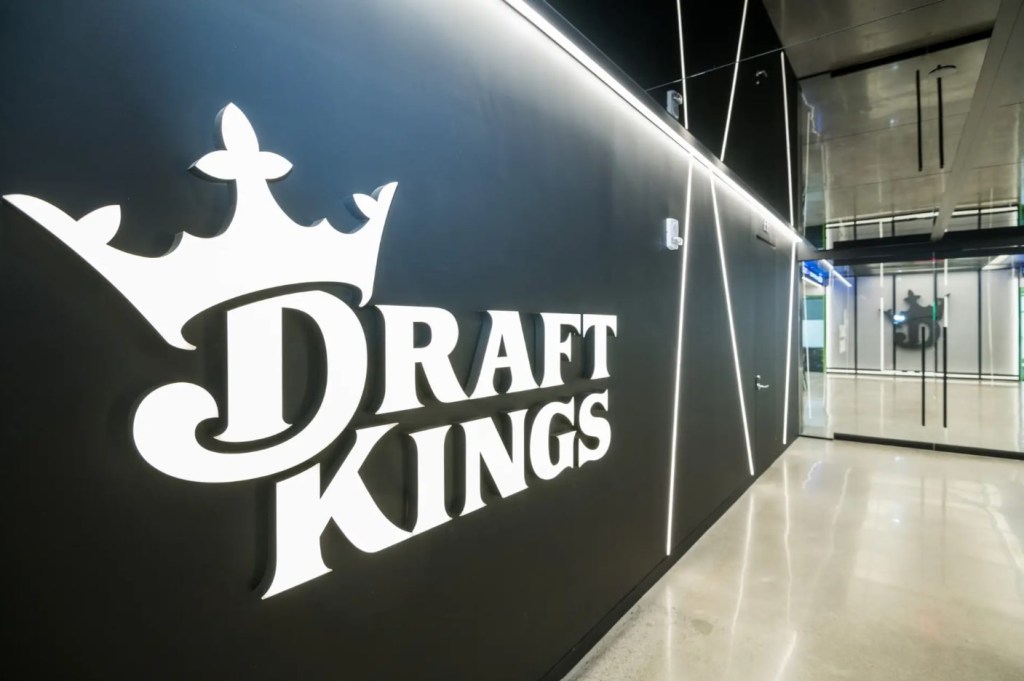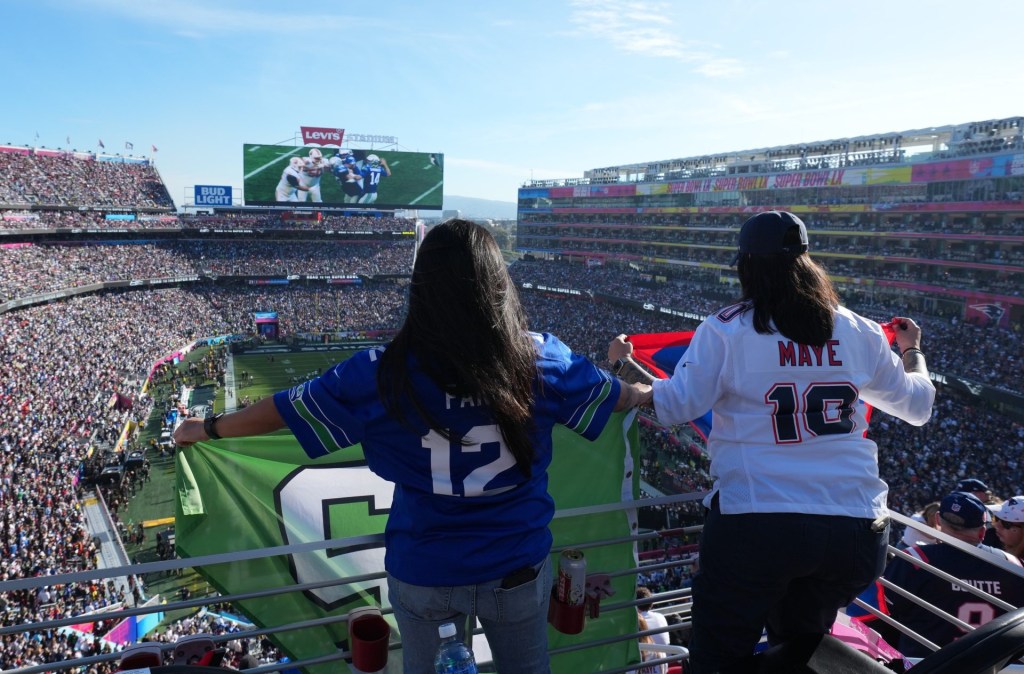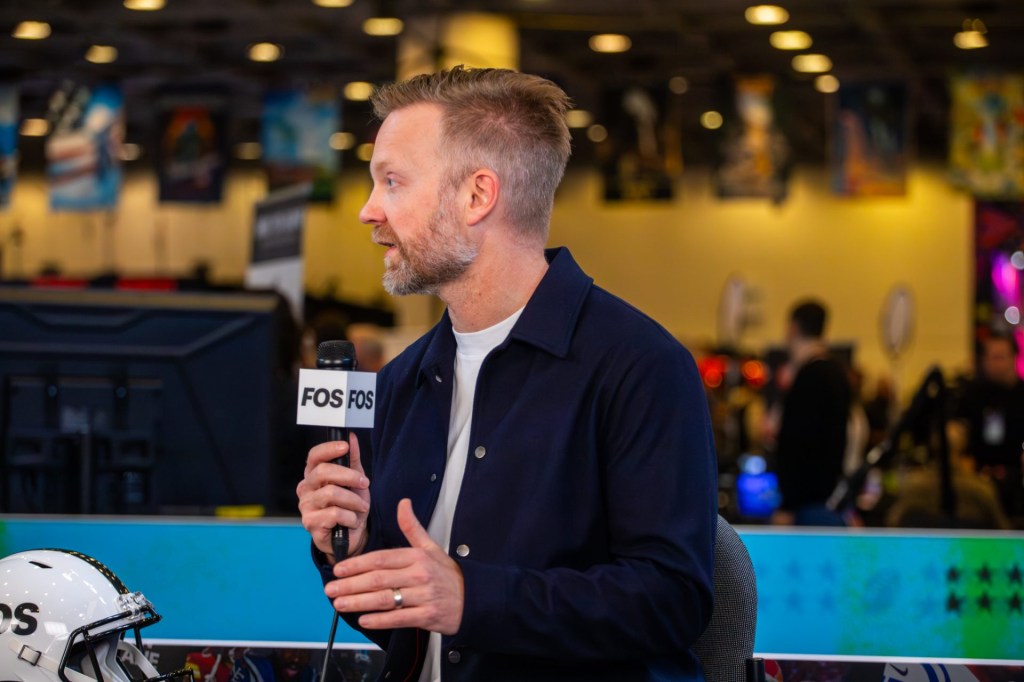Underdog Sports was denied in its attempt to stop the California attorney general from issuing an opinion about the legality of daily fantasy sports, which it describes as an “imminent, existential threat” to its business.
A California state judge on Wednesday rejected Underdog’s request for an immediate ruling prohibiting California AG Rob Bonta from issuing the opinion, saying the company has been aware of the impending opinion for a year-and-a-half.
“Petitioners have not established that they will suffer any harm as a result of the issuance of [the opinion],” the order says.
The suit, filed in California state court Monday, names as defendants Bonta and the California Department of Justice. According to the lawsuit, Bonta is expected to issue an opinion this week—no later than July 3—stating that daily fantasy sports is illegal under state law. Daily fantasy sports are currently illegal in a number of states, including Idaho, Washington, and Hawaii (although there’s a proposed bill that would change that which recently cleared the state senate).
The opinion had not been issued as of Wednesday afternoon. A spokesperson for Underdog said in an emailed statement to Front Office Sports that “the court stated that the Attorney General’s forthcoming opinion on fantasy sports ‘does not effect any change in law’ and does ‘not carry the weight of law.’ As a result, the court explained that the protective relief we sought was not necessary. We thank the court for that clarity and look forward to continuing to offer our fantasy contests in California.”
A representative for Bonta and the California DOJ did not immediately respond to a request for comment.
Underdog argues in its suit that the opinion is procedurally flawed, factually unsupported, and the result of political pressure from tribal gaming interests that want to eliminate digital fantasy sports competition.
“The opinion, which Bonta’s predecessors declined to issue, will satisfy only one constituency, a small handful of the powerful tribes that maintain a monopoly on gaming in the State,” the complaint says.
The mere issuance of the opinion represents a threat to Underdog’s health as a business, the suit says, because it would “poison a thriving industry that serves millions of Californians.” The opinion would also cast a “legal cloud over the companies that organize digital fantasy sport” and deter payments processors from working with companies like Underdog.
“In short, it will cost jobs, squander investments, and deprive Californians of an activity that millions enjoy,” the complaint says.
Underdog argues that its daily fantasy sports offerings are games of skill, not chance—and that courts in New York and Illinois have found as such—so they are allowed under California law; sports betting is not legal under California law. (Among the primary reasons some states have refused to legalize sports betting is because they are considered games of pure chance, rather than skill. Underdog says its daily fantasy sports offerings require contestants to do “significant research,” including some that take place over the course of an entire season and necessitate ongoing monitoring.)
The suit claims Bonta is not technically allowed to issue the opinion. Under California law a state AG is allowed to issue a written opinion in response to a request from a public official, but that is limited to “pure legal questions,” and the AG must give the opinion to the public official who issued the request, the suit says. Here, the request came from former state senator Scott Wilk, “who is no longer even in office to receive the opinion.” Wilk made the request for a legal opinion in October 2023, and the lawsuit notes that public reporting shows he “has notably been a supporter of tribal gaming backed initiatives in the past.”
Underdog argues this is important to enforce because AG opinions often carry “meaningful weight” with courts.
Meanwhile, Underdog argues this situation involves a factual question—whether the daily fantasy sports products offered by the company constitute games of skill or chance. Generally, states have viewed sports betting and daily fantasy sports as two distinct offerings.
Attorney Dan Wallach, a U.S. gaming law expert, said in a series of social media posts Tuesday that “despite the supposed limitation of AG opinions to questions of law,” there is precedent for the California AG to opine on gambling issues, including an opinion stating jackpot poker is an illegal lottery, and one saying that instant draw games conducted by the California Lottery are legal lottery games.
















